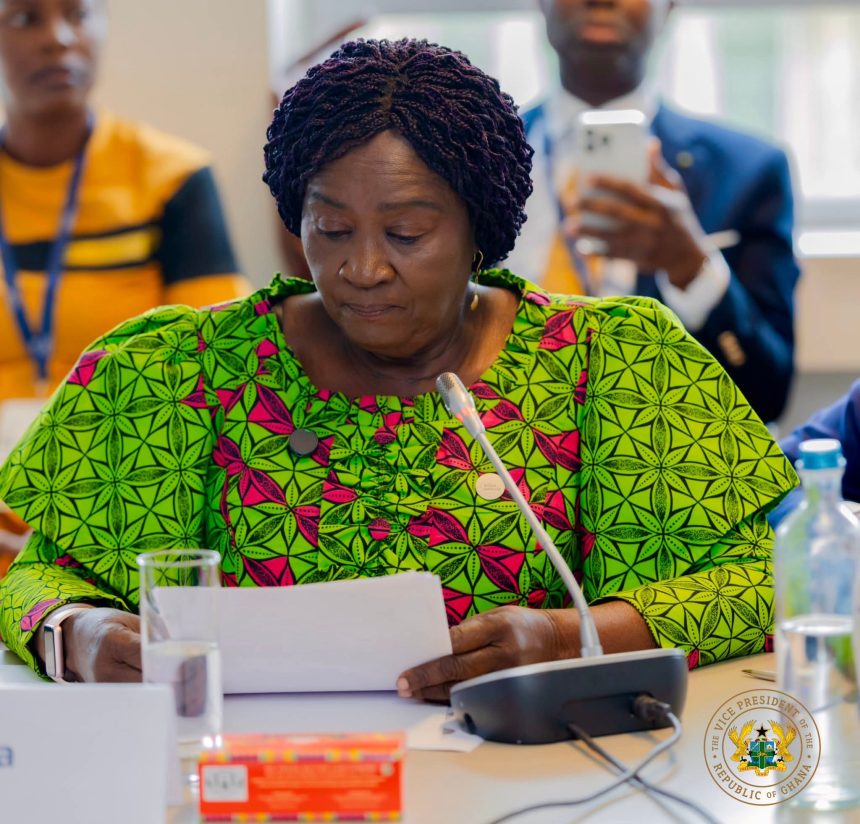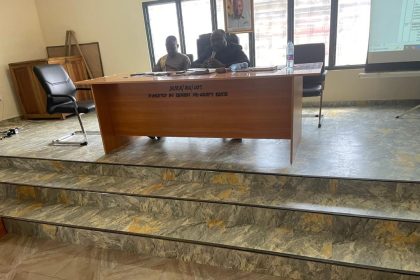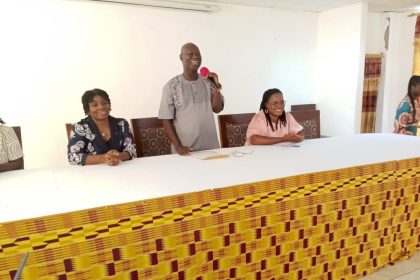Vice President Professor Naana Jane Opoku-Agyemang, has reaffirmed that Ghana’s cocoa grading and quality control systems remain among the most rigorous in the world.
She said recent reforms at the Ghana Cocoa Board (Cocobod) were designed to ensure fairness and build investor confidence.
A statement issued by the office of the Vice President said she stated this on the second day of the Global Gateway Forum in Brussels.
She was speaking at the Sustainable Cocoa Initiative Scale-up session, where she addressed pricing, value addition, and farmer livelihoods.
Prof Opoku-Agyemang reiterated that Ghana’s story, from Tetteh Quarshie’s first cocoa beans to over 800,000 cocoa farmers today, reminded Ghanaians that sustainability must go hand in hand with fairness.
“Global demand for cocoa remains strong, and African consumption is on the rise,” the Vice President said.
“The greater risk lies not in overcapacity, but in underinvestment and failing to capture the growing value of the market.”
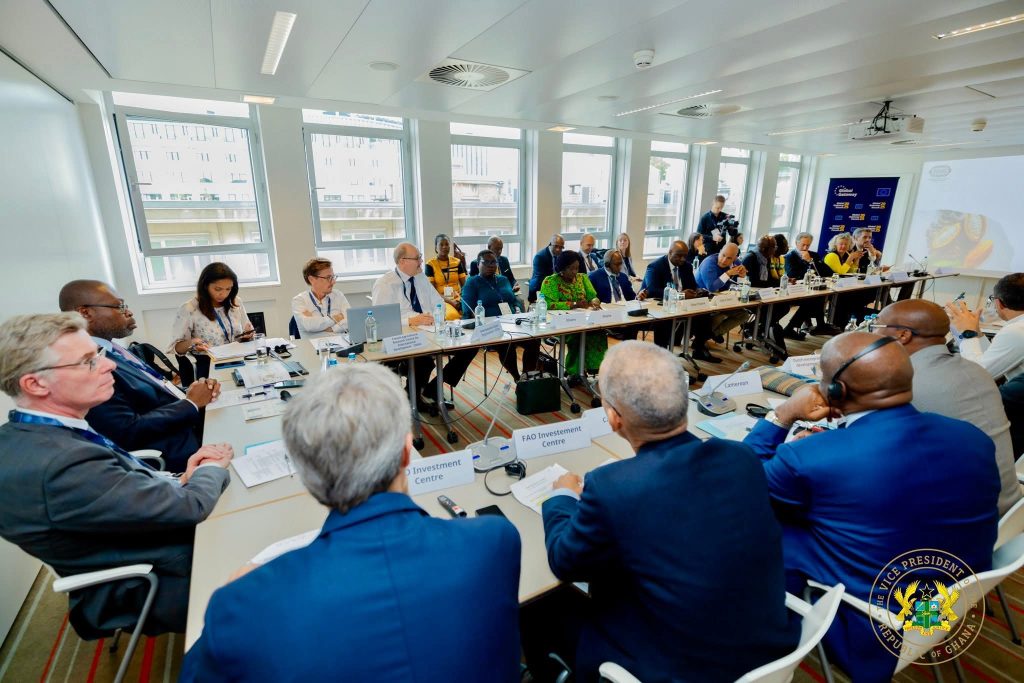
She also highlighted the problem of tariff escalation, where duties on processed cocoa products were higher than those on raw beans, which hindered their ability to trade fairly.
Vice President Opoku-Agyemang said cocoa was central to Ghana’s broader economic transformation, and that it was aligned with the Government’s Big Push Initiative for agro-industrialization and the Connect24 pillar of the 24-Hour Economy, which was designed to enhance the flow of goods, energy, and data.
She said the Living Income Differential (LID), introduced jointly with la Côte d’Ivoire, reflected the commitment to ensuring farmers earn a fair return for their labour.
She said the African Continental Free Trade Area (AfCFTA) also present a powerful platform for building regional value chains that retain more wealth within Africa.
She however said, financing remained a challenge.
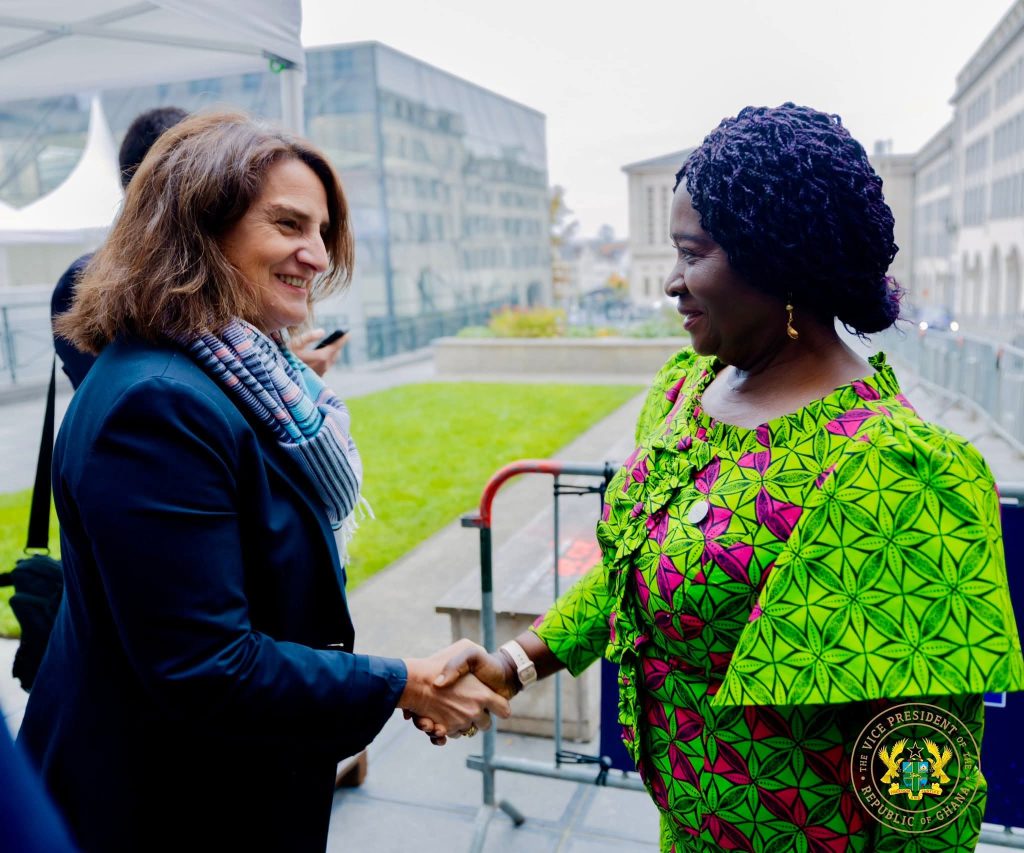
Vice President Prof Opoku-Agyemang said investments often concentrated in multinational or state-owned facilities, leaving local processors struggling with high borrowing costs and limited access to capital.
She called for structured blended financing models that combine capital investment with affordable working capital, risk-sharing mechanisms, and technical support, especially for small and rural processors.
The Vice President said the EU Sustainable Cocoa Initiative and the Global Gateway Framework, were well-placed to help crystallize such partnerships.
She said the recent global cocoa price hikes, driven by supply shortfalls, underscored the urgency of joint action to make the industry more resilient.
Prof Opoku-Agyemang noted that Ghana remained open to partnerships that combine positive outcomes in disease and pest control with the establishment of commercial plantations to ensure quality and predictability.
She stated that Ghana’s path forward was clear; saying, “we must move beyond exporting raw cocoa beans to building an economy that empowers farmers, creates decent jobs, and promotes sustainability.
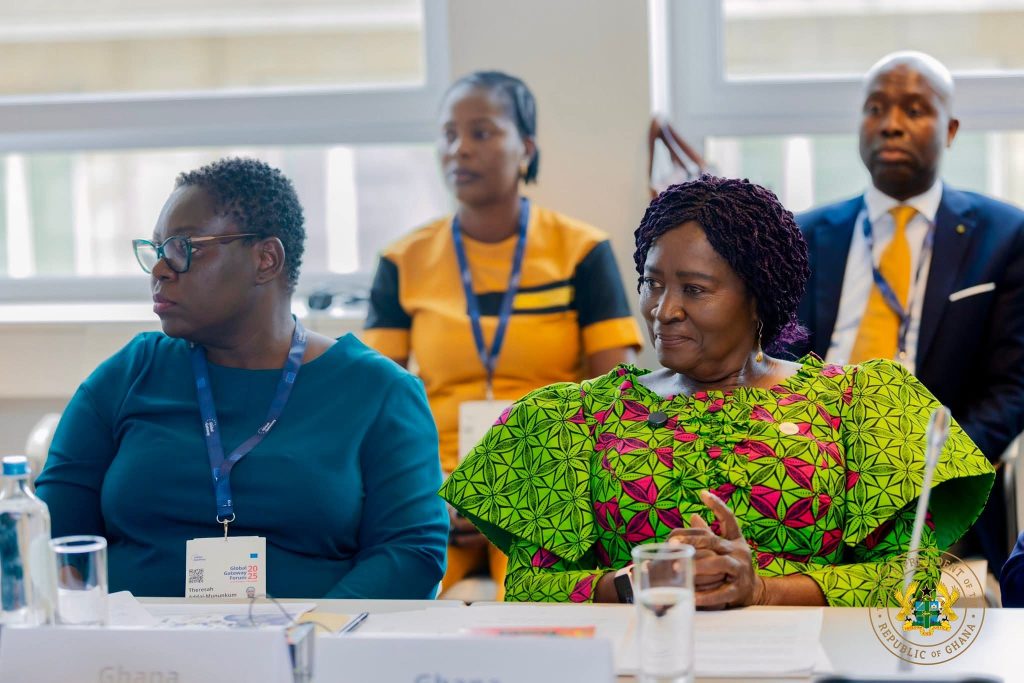
“Together, we can build a cocoa sector that not only sweetens the world’s palate, but enriches the lives of the farmers and communities who make it possible,” she added.
GNA

